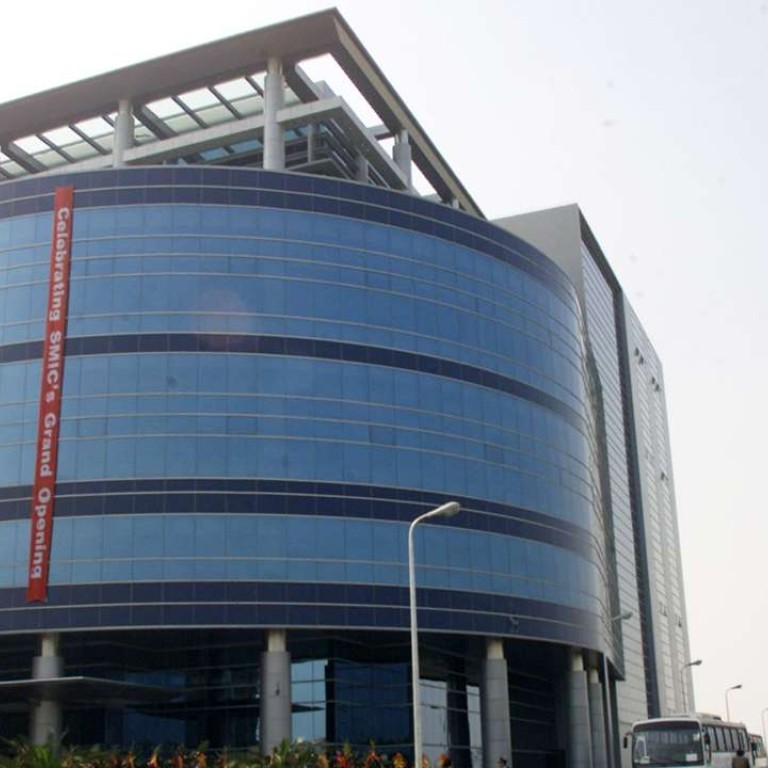
SMIC plots chip-packaging foray with pair of deals worth 3.3 billion yuan
Semiconductor Manufacturing International Corp (SMIC), China’s largest contract chipmaker, is poised to extend its operations into packaging integrated circuits after concluding a pair of deals last week worth a combined 3.3 billion yuan (HK$3.9 billion) that raised its stake in Jiangsu Changjiang Electronics Technology (JCET), analysts said.
Listed in Hong Kong and New York, SMIC’s enlarged stake of 14.26 per cent has made it the biggest shareholder in JCET, which runs mainland China’s largest semiconductor packaging assembly and test business.
“With JCET’s need for funding, SMIC took the opportunity to acquire a [greater] stake with a view on the long-term trend for [semiconductor] foundries penetrating into packaging,” Jefferies analyst Ken Hui said in a report.
We consider paying five times book [value for the JCET deal] as expensive
Hui said Taiwan Semiconductor Manufacturing Company (TSMC), the world’s biggest independent contract chip manufacturer, was already pursuing that expansion strategy.
TSMC has been investing since last year in a new packaging technology called Integrated Fan-Out or InFO.
It is an advanced packaging that is widely speculated to be the one used by TSMC from this quarter on Apple’s A10 chip, which will likely power the anticipated iPhone 7 and 7S models to be released later this year.
“This marks the first entry of a foundry into integrated circuit (IC) packaging,” Sanford Bernstein senior analyst Mark Li said in a report.
Jefferies’ Hui, however, has reservations about Shanghai-based SMIC’s decision to increase spending in the chip-packaging sector.
“We consider paying five times book [value for the JCET deal] as expensive”, he said, noting that JCET had recorded a loss last year.
“We see such a move [into chip packaging] as too early for SMIC.”
A Jefferies report in March said SMIC was more worried about its production capacity than current market demand, particularly on 8-inch wafer fabrication.
Hui said production of fingerprint sensors used on smartphones was already overloading capacity at SMIC’s fabrication plants, or fabs.
SMIC’s customers are fabless semiconductor companies, which design chips and outsource fabrication to IC foundries.
Hui said its main fingerprint sensor customer was Sweden’s Fingerprint Cards.
In a filing with the Hong Kong stock exchange on Thursday, SMIC said subsidiary SilTech Shanghai had agreed to sell to JCET its 19.61 per cent equity interest in semiconductor packaging and test services company Stats ChipPac in exchange for JCET shares valued at 664 million yuan, or 15.36 yuan per share.
SilTech, JCET and the China IC Industry Investment Fund jointly acquired Stats ChipPac in 2014.
The SMIC subsidiary also agreed on Thursday to increase its shareholding in JCET with a cash consideration of 2.655 billion yuan
“This strategic investment reflects the current industry trend and customers’ requests which
demand greater integration between front-end and back-end IC manufacturing,” SMIC chief executive Chiu Tzu-yin said in the company’s filing.
SMIC requested a halt in trading of its shares on Thursday before announcing the two related transactions.
When trading of its shares resumed on Friday, SMIC saw its share price slip 1.54 per cent to finish at 63 HK cents, the lowest close since August 24 last year.

